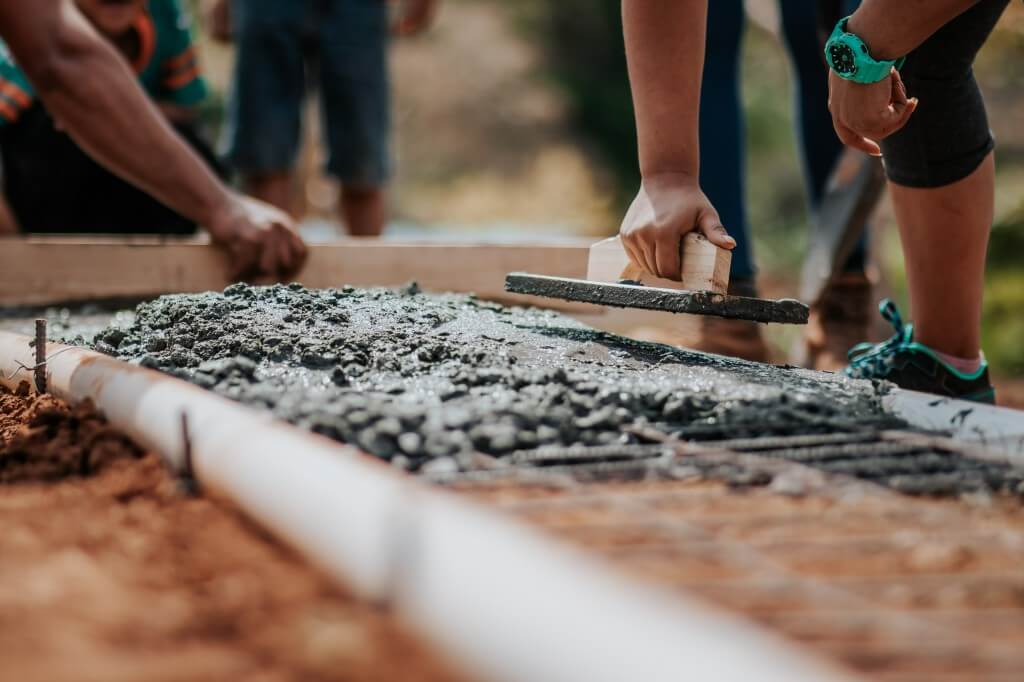Advantages And Disadvantages of Concrete As a Construction Material
Following are the 20 advantages and disadvantages of concrete:

Advantages of Concrete
1. Concrete ingredients(cement, aggregate, water) are easy to get at any place.
2. The ingredients of concrete can be transported effortlessly anywhere.
3. Mixing and placing of concrete are easy.
4. The workability of concrete can be increased by increasing water and changing the proportions of concrete components.
5. Skilled workers are not required for mixing and placing of concrete.
6. It is a fire-resistant material.
7. The durability of concrete is high.
8. Concrete is a semi-liquid material, So it can be cast to get any needed shape.
9. Concrete is a long-lasting material.
10. The Concrete fairly acts as thermal insulation.
11. Deterioration of concrete is less.
12. In colour mixing, chemical changes usually do not occur.
13. Concrete has better water insulation compared to others.
14. The concrete maintenance process is very easy and the maintenance cost is low.
15. The compressive strength of concrete is very high.
16. Concrete can endure all weathering effects, so it is suitable for all seasons.
Disadvantages of Concrete
1. Once it gets hardened, it cannot be converted to another form.
2. The concrete construction is not suitable for extreme saline or acidic environment conditions.
3. It needs a few days to achieve its full strength.
4. Without using the reinforcement bar, the tensile strength of the concrete is negligible.
Read Also: